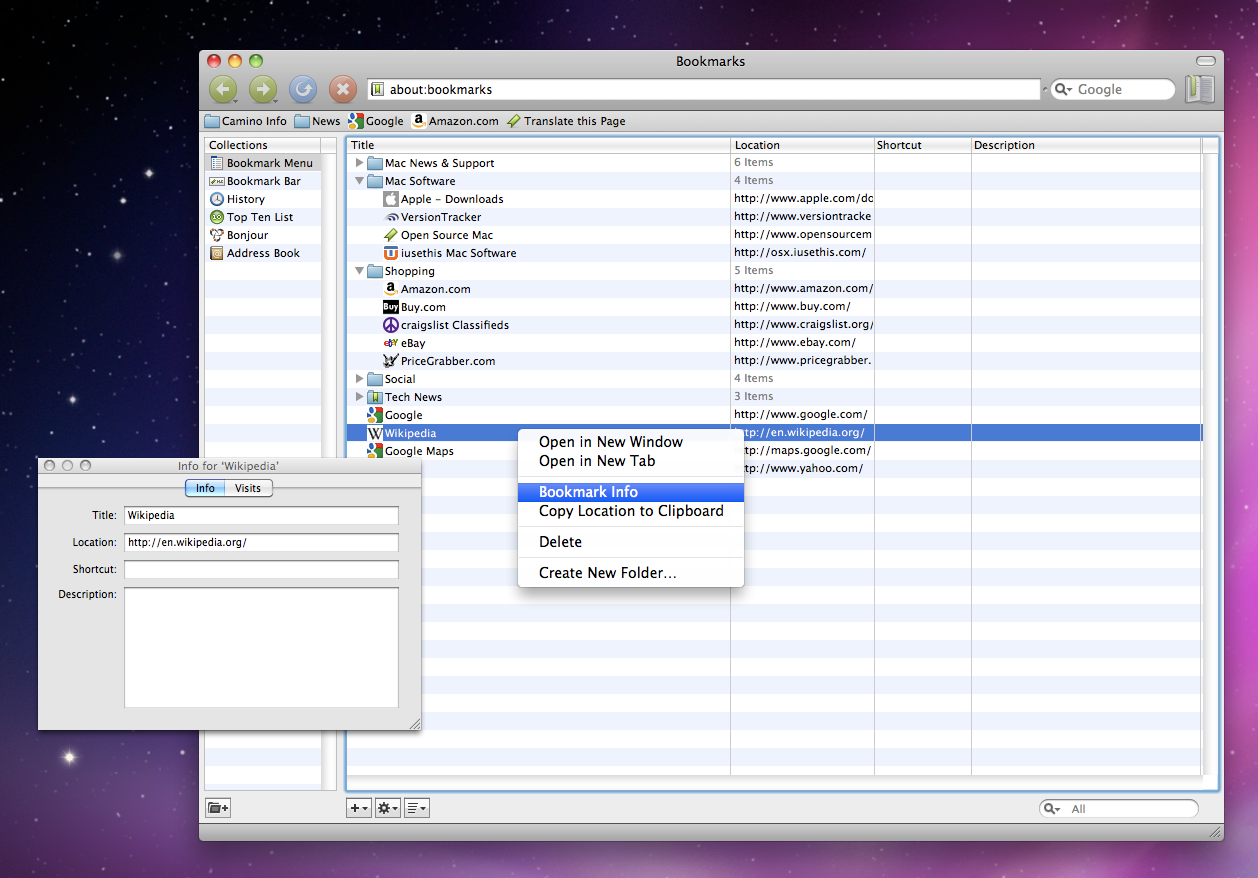
Best Java Browser For Mac
If you have not yet installed Apple's Java OS X 2012-006 update, then you are still using a version of Apple Java 6 that includes the plug-in and the Java Preferences app. See 'Note for Users of OS X that Include Apple Java 6 Plug-in'. 
The right web browser can make a huge difference to your everyday browsing – whether your priority is faster performance, better security or more flexibility through downloadable extensions. However, it can be tricky to break out of your comfort zone. The browser you're currently using might not be the best, but you've probably become use to its idiosyncrasies over the years without realising there are better options around that will make your life so much easier. Here, we’ve put the biggest browsers through their paces (plus some that you may not be familiar with) to identify the browser that best ticks all of these boxes.
And, if you have a particular concern, then read on to see if there’s an alternative that might be better suited to your needs. • You can improve your privacy and security when browsing online with a virtual private network service from our buying guide. Strong privacy tools recently received its biggest update in 13 years, and it's so impressive, it's propelled the browser to the top of our list. Firefox has always been known for its flexibility and support for extensions, but in recent years it had started to lag behind the competition in terms of speed.
Firefox Quantum, first released last year, represented a total overhaul of the browser's code base, with speeds now comparable with Google Chrome. That's not just on top-end computers, either – the new Firefox makes frugal use of RAM, even with masses of tabs open. Firefox also scores serious points when it comes to privacy. Mozilla is non-profit, which means it doesn't have the same impetus to sell your data as some other browser developers. The organization also makes to help protect its users' privacy as internet companies come under increasing scrutiny over the way they treat people's data.
Recent additions include support for. There's even a new version of Firefox designed specifically for, and Mozilla releases beta versions of new features frequently through its Test Pilot program. It's not always the absolute fastest – for some pages Chrome still has the edge, as demonstrates – but the new Firefox has come out swinging and is our pick for the best web browser of 2018 so far. Resource-hungry With, Google has built an extendable, efficient browser that deserves its place at the top of the browser rankings. According to its user base is only rising, even as Microsoft Edge's install numbers are presumably growing. Well, it's cross-platform, incredibly stable, brilliantly presented to take up the minimum of screen space, and just about the nicest browser there is to use. Its wide range of easily-obtained and installed extensions mean you can really make it your own, and there's support for parental controls and a huge range of tweaks and settings to ensure maximum efficiency.
However, Chrome isn’t without its downsides. It’s one of the heaviest browsers in terms of resource use, so it’s not brilliant on machines with limited RAM, and its performance doesn’t quite match up to others as far as benchmarking is concerned. And, with Google’s tentacles running through it, you may be uncomfortable with how your browsing data is used. That said, Google is making some moves towards security, and is pushing HTTPS particularly hard. Future versions of the browser will make it very clear when sites aren't using HTTPS encryption, aiming to make it standard throughout the web.